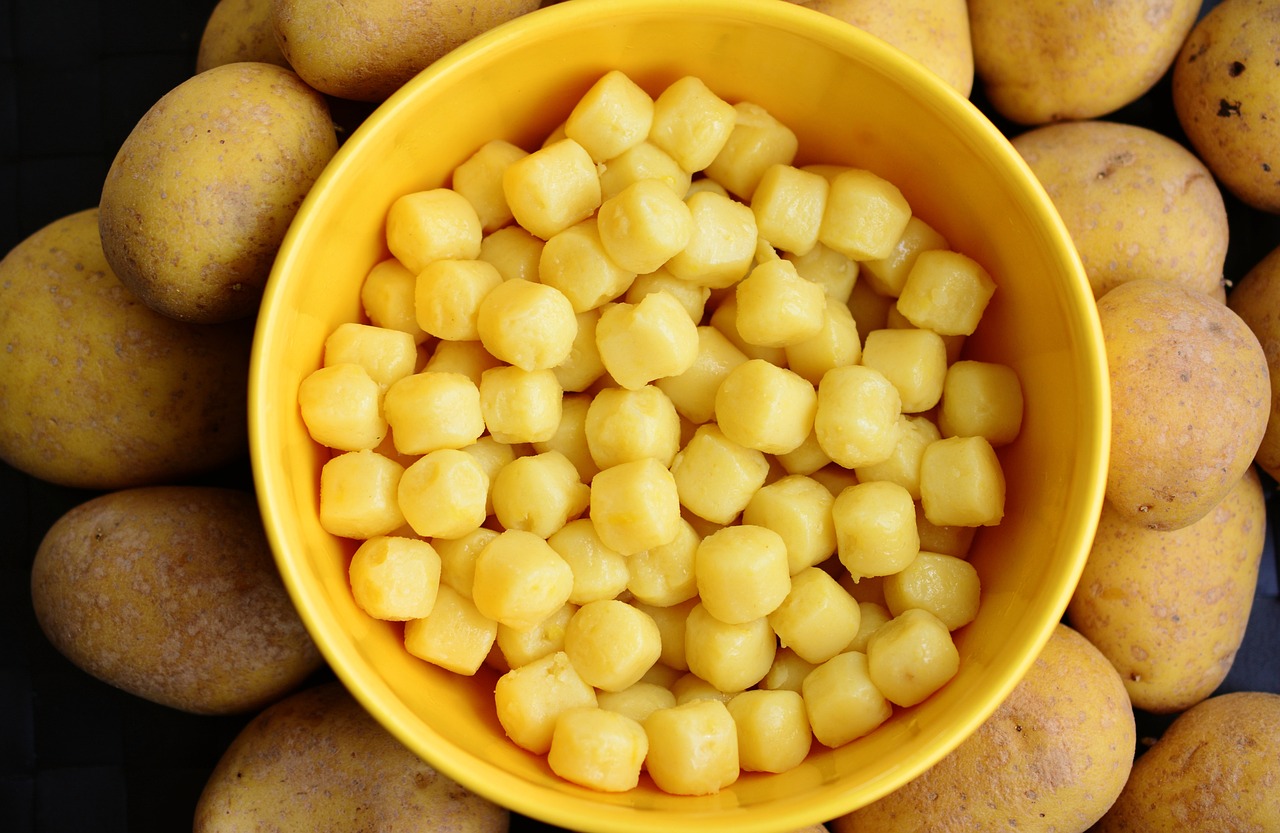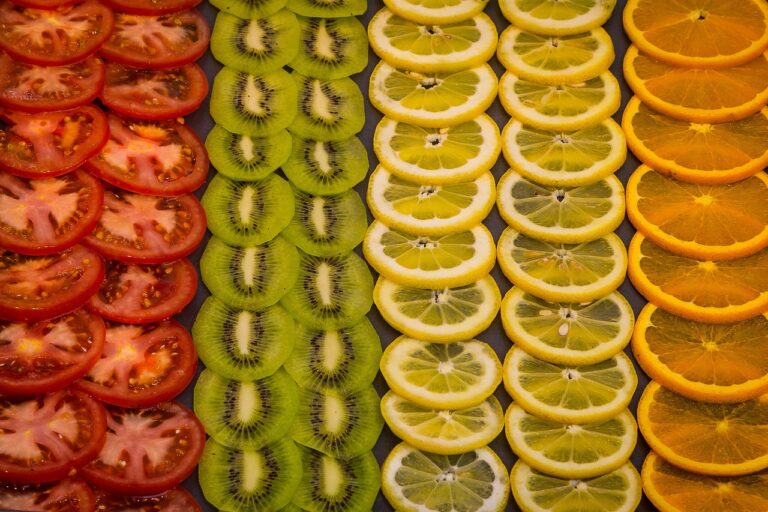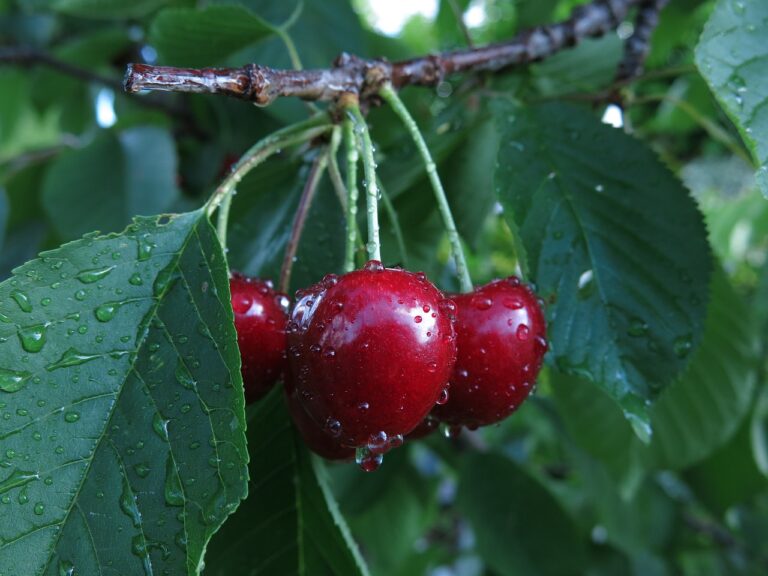Exploring Juice Trends in Emerging Markets: Betbazar 247 login, Playexch in login, Gold365 id login
betbazar 247 login, playexch in login, gold365 id login: Exploring Juice Trends in Emerging Markets
The global juice market has experienced significant growth in recent years, with emerging markets playing a crucial role in driving this upward trajectory. As consumers in developing countries become more health-conscious and disposable incomes rise, the demand for fruit juices and other healthy beverages has surged. In this article, we will delve into the latest trends shaping the juice market in emerging markets, from innovative flavors to packaging preferences.
The Rise of Exotic Fruit Blends
One key trend in emerging markets is the increasing popularity of exotic fruit blends in juices. Consumers are seeking out unique flavor combinations that offer a taste of the exotic. Mango, lychee, dragon fruit, and passion fruit are just a few examples of fruits that have gained traction in the juice market. These tropical flavors not only appeal to consumers’ taste buds but also evoke a sense of adventure and luxury.
With demand for exotic fruit blends on the rise, juice manufacturers are exploring innovative ways to incorporate these flavors into their product offerings. From smoothies to cold-pressed juices, there is a growing variety of options available to cater to consumers’ evolving preferences.
Packaging Innovation
Another prominent trend in emerging markets is the focus on packaging innovation. Consumers today are not only concerned about the quality and taste of the product but also the sustainability and convenience of the packaging. As a result, juice manufacturers are investing in eco-friendly packaging solutions such as biodegradable bottles and cartons made from recycled materials.
Moreover, convenience has become a key driver of purchasing decisions, particularly in urban areas where consumers lead fast-paced lifestyles. Single-serve packaging options, resealable bottles, and on-the-go juice pouches are gaining popularity among busy consumers who seek convenience without compromising on quality.
Health and Wellness
Health and wellness remain at the forefront of consumer preferences in emerging markets. With the increasing prevalence of lifestyle-related diseases such as obesity and diabetes, consumers are turning to healthier beverage options like fruit juices as a way to maintain their well-being. Juice manufacturers are responding to this demand by offering low-sugar, organic, and cold-pressed juices that cater to health-conscious consumers.
Moreover, functional juices with added vitamins, antioxidants, and probiotics are gaining traction in emerging markets. These fortified juices target specific health concerns and offer additional benefits beyond basic hydration. As consumers become more informed about the link between diet and health, the demand for functional beverages is expected to continue to grow.
Sustainable Sourcing
Sustainability has become a key focus for juice manufacturers operating in emerging markets. Consumers are increasingly conscious of the environmental impact of their purchasing decisions and are seeking out brands that prioritize sustainable sourcing practices. From ethically sourced fruits to eco-friendly production processes, sustainability is a driving force behind consumer loyalty and brand reputation.
Furthermore, transparency in the supply chain has become paramount for consumers who want to know where their food and beverages come from. Juice manufacturers are working to build trust with consumers by providing information about the origins of their ingredients and their commitment to sustainable practices.
Digital Marketing and E-Commerce
As digital technology becomes more prevalent in emerging markets, juice manufacturers are leveraging online platforms to reach consumers and drive sales. Social media platforms, e-commerce websites, and mobile apps are key channels for engaging with consumers and promoting products. Influencer marketing, targeted advertising, and interactive content are some of the strategies used to connect with tech-savvy audiences.
E-commerce has also revolutionized the way consumers purchase juice products, offering convenience and accessibility like never before. Online retailers, subscription services, and direct-to-consumer platforms are providing consumers with a seamless shopping experience that caters to their preferences and lifestyle needs.
Conclusion
The juice market in emerging markets is a dynamic and evolving landscape driven by shifting consumer preferences, health-conscious trends, and technological advancements. From exotic fruit blends to sustainable packaging solutions, juice manufacturers are innovating to meet the demands of today’s consumers. As the market continues to grow, there is no doubt that new trends and opportunities will emerge, shaping the future of the juice industry in developing countries.
FAQs
Q: Are cold-pressed juices healthier than traditional juices?
A: Cold-pressed juices are often touted as being more nutrient-dense than traditional juices because the cold-pressing process retains more of the fruits’ vitamins and minerals. However, it ultimately depends on the quality of the ingredients and the overall nutritional profile of the juice.
Q: What is the difference between fruit juice and fruit nectar?
A: Fruit juice is made from the liquid extracted from fruits, while fruit nectar contains a lower percentage of fruit juice and is often sweetened with added sugars or other sweeteners. Fruit nectar tends to have a thicker consistency compared to fruit juice.
Q: How can I ensure that the juice I buy is sustainably sourced?
A: Look for certifications such as Fair Trade, Rainforest Alliance, or USDA Organic on the product packaging. These certifications indicate that the juice manufacturer has met certain standards for sustainable sourcing and ethical practices. Additionally, research the brand’s sustainability initiatives and transparency in their supply chain.
Q: Are bottled juices as healthy as freshly squeezed juices?
A: Bottled juices can still be healthy as long as they are made with high-quality ingredients and do not contain added sugars or artificial preservatives. Freshly squeezed juices may offer more immediate nutritional benefits due to their freshness, but bottled juices can still be a convenient and nutritious option.
Q: How can I incorporate juices into my daily routine?
A: You can start by replacing sugary beverages with fruit juices as a healthier alternative. You can also use juices as a base for smoothies, cocktails, or salad dressings, or add them to your morning oatmeal or yogurt for a flavorful twist. Experiment with different flavors and combinations to find what works best for you.







